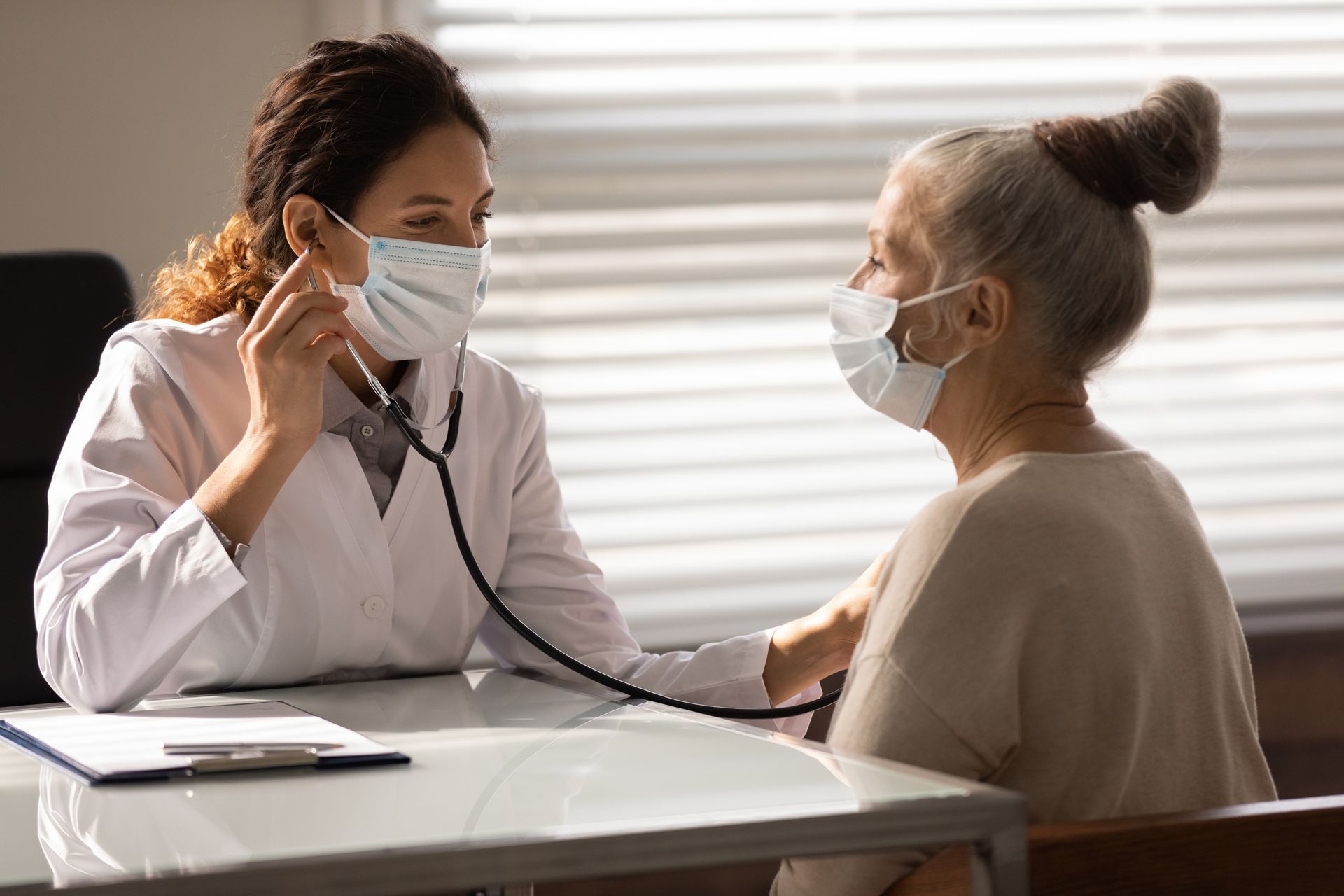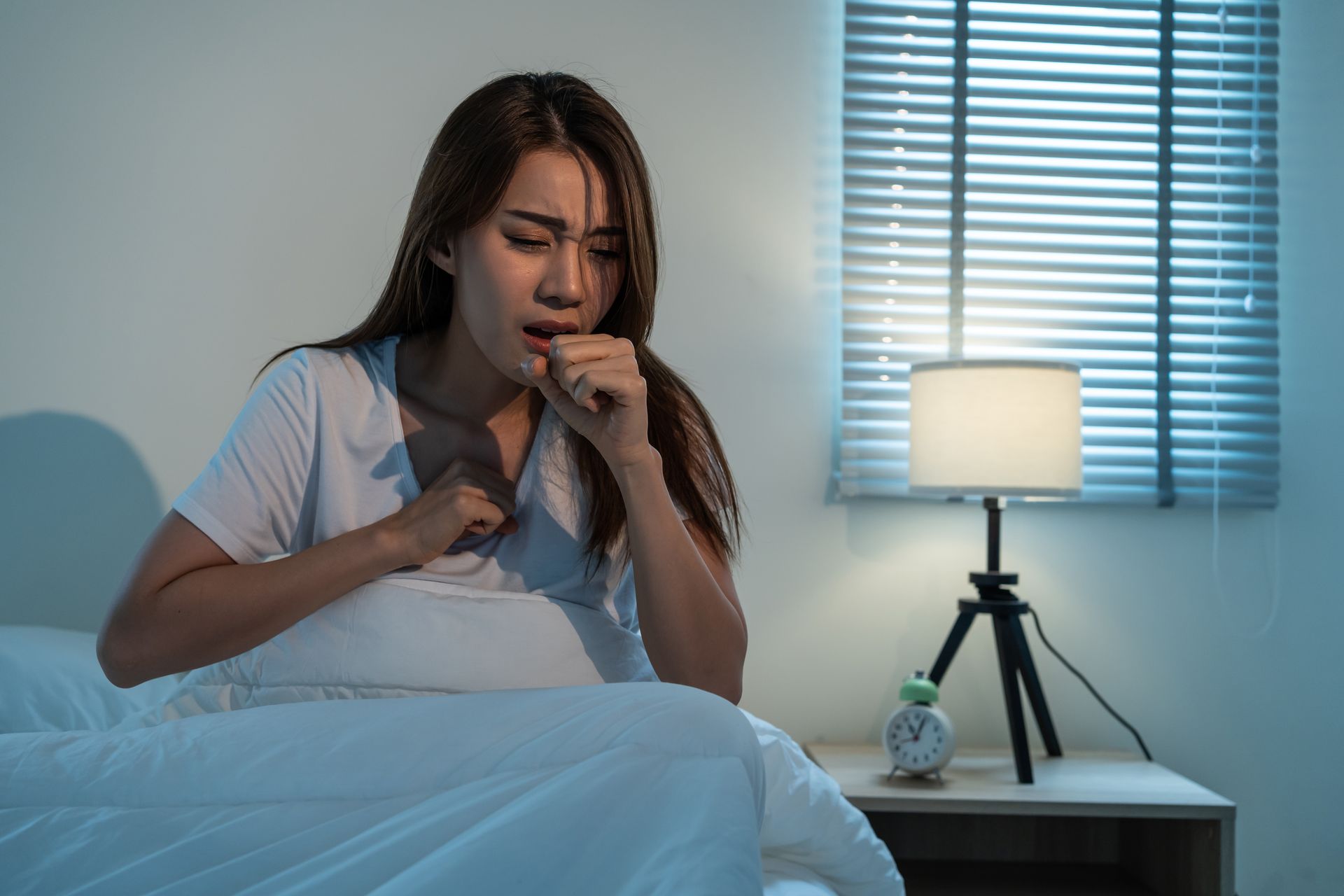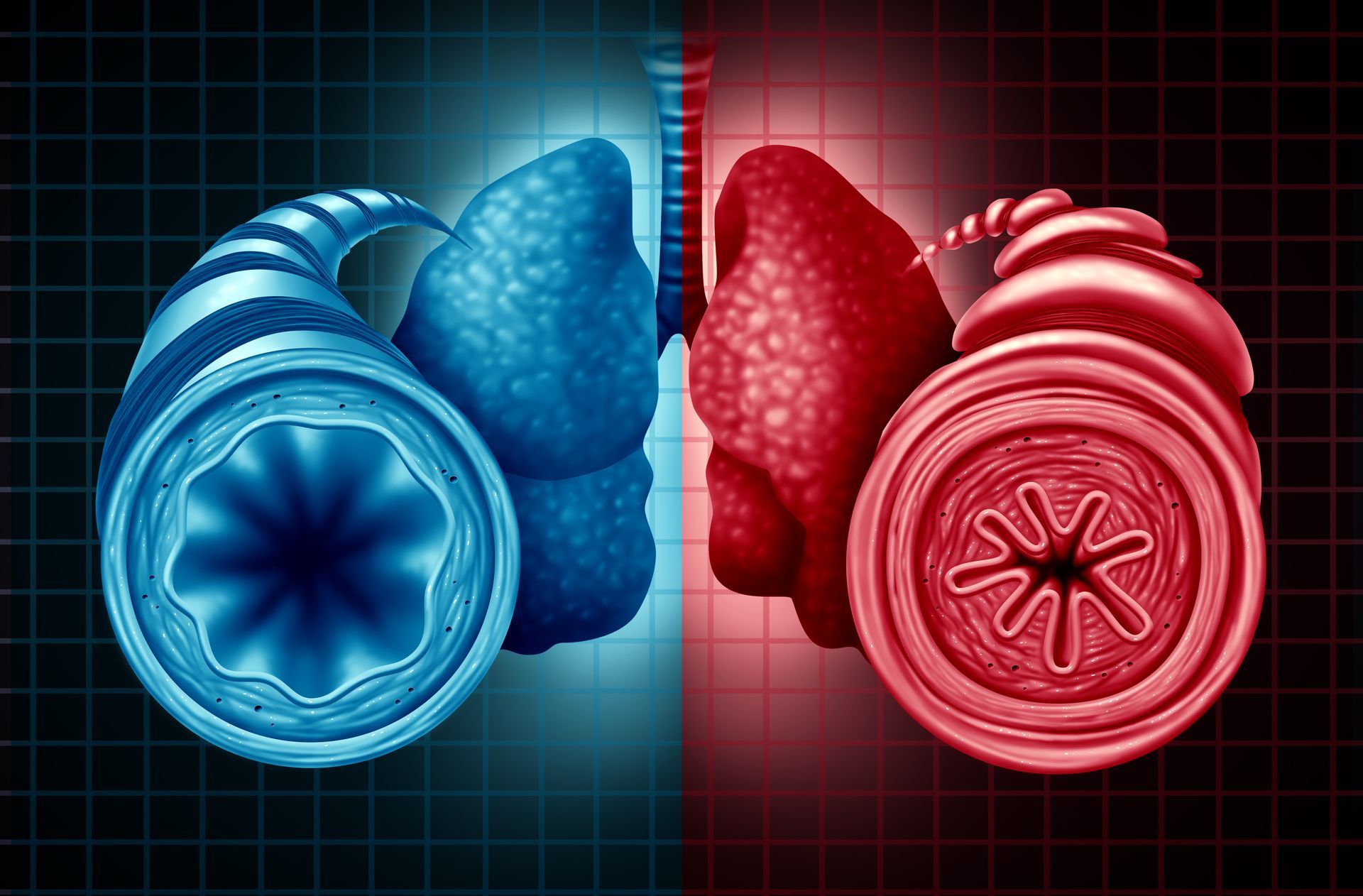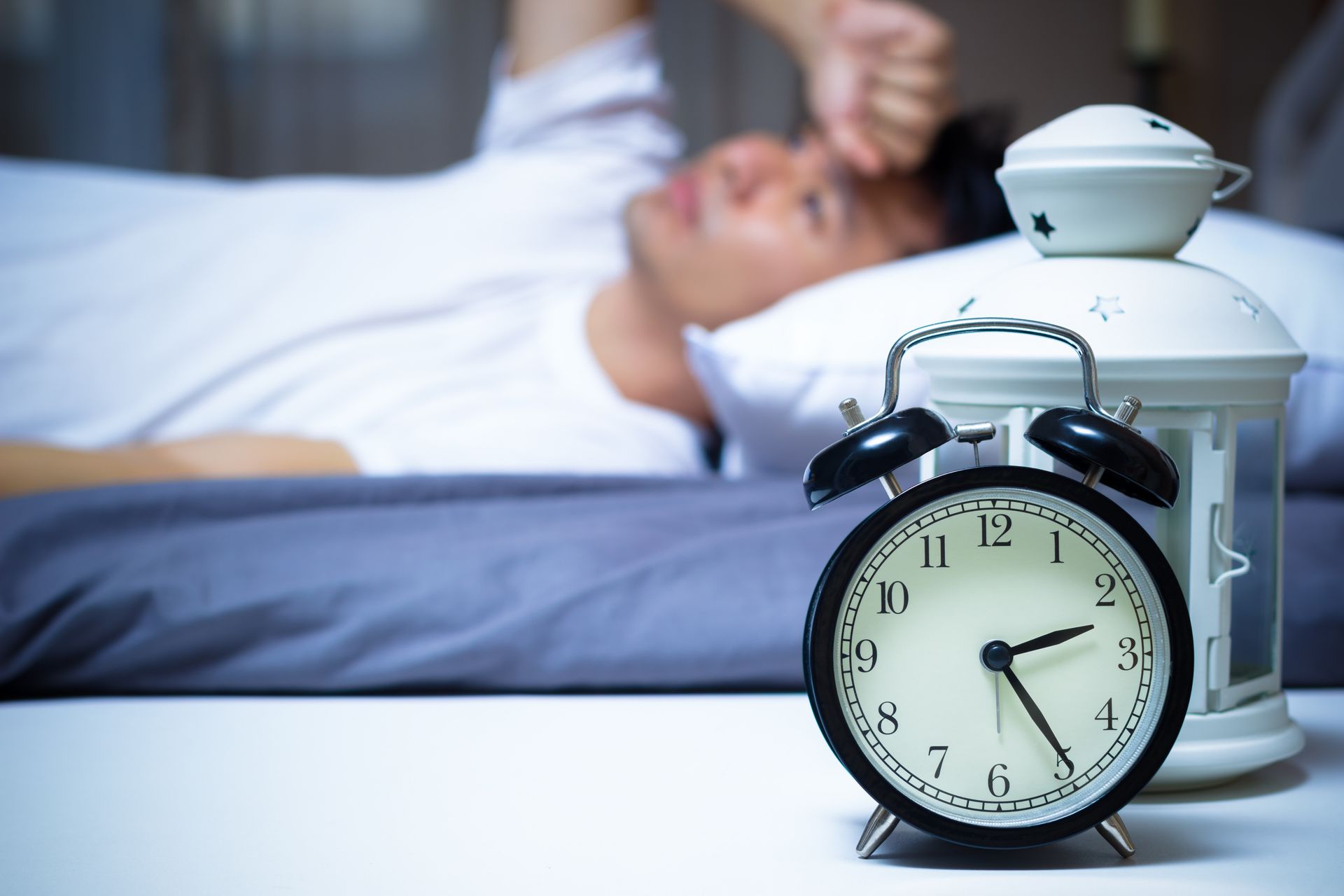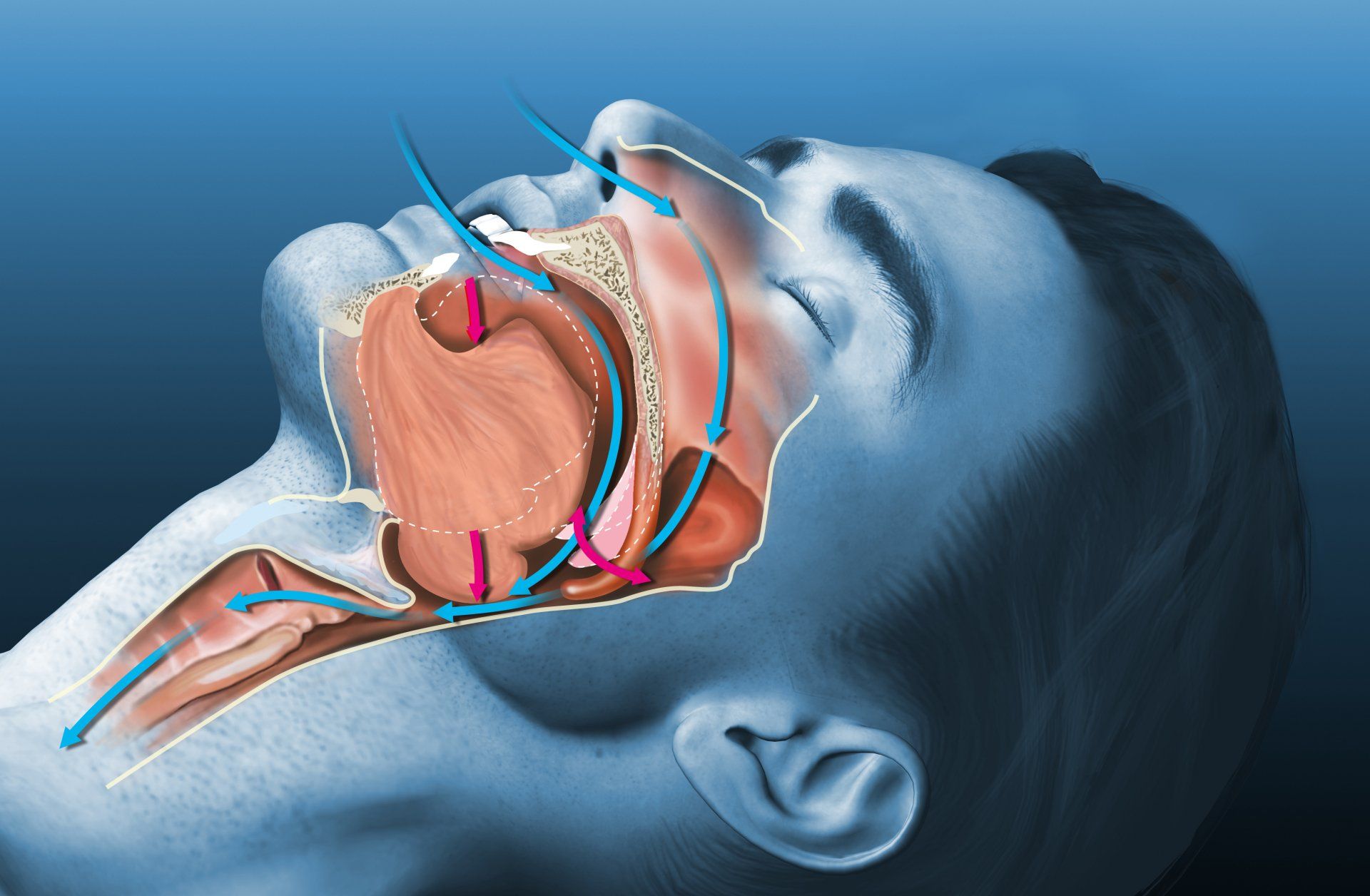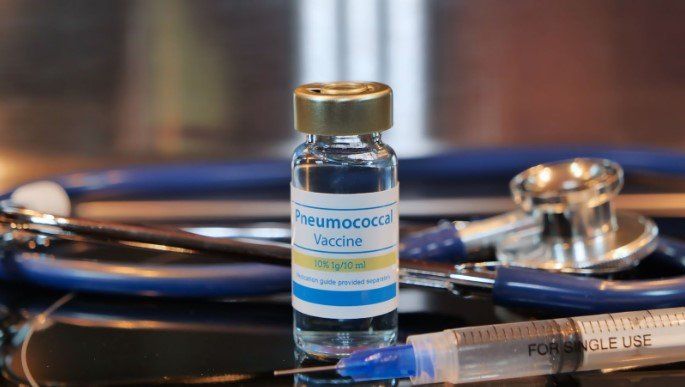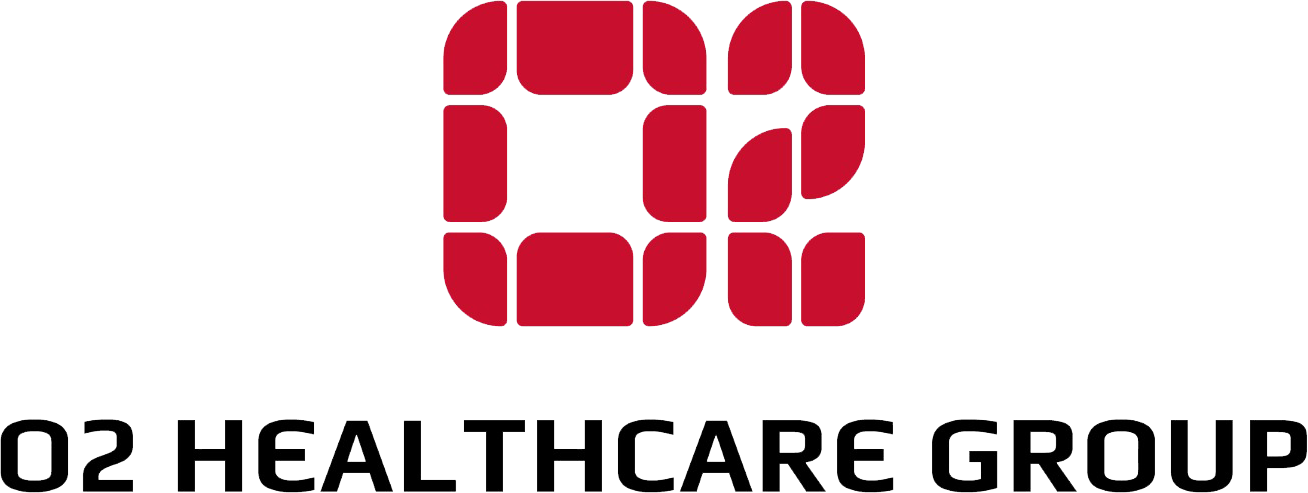Serious Health Problems that Sleep Apnoea Causes
Do you still feel sleepy even though you had 7 to 8 hours of sleep the previous night? You may have a sleep disorder, such as sleep apnoea, which is preventing you from experiencing a deep sleep that typically leaves you feeling refreshed in the morning.
Sleep apnoea is a disorder that affects your breathing while you are sleeping. It causes your breathing to repeatedly stop and start during your sleep. It is often characterised by loud snoring, morning headaches, daytime sleepiness, and a dry mouth.
This can also cause serious health problems that cannot be ignored, which is why it is important to get early diagnosis and treatment.
Examples of Serious Health Problems Caused by Sleep Apnoea
The main complication of sleep apnoea is the effect it has on your heart. When you stop breathing in the night, your heart rate slows down and puts you at risk for cardiac arrest or stroke. It can also lead to serious health problems such as:
- Hypertension (high blood pressure)
- Cardiomyopathy
- Heart failure
- Diabetes
- Obesity
Hypertension
You might be wondering how sleep apnoea can cause hypertension. This is because when you stop breathing, your sympathetic nervous system will become activated, which in turn causes your heart rate to accelerate quickly and your blood pressure to rise. This is what leads to hypertension.
Do you still feel sleepy even though you had 7 to 8 hours of sleep the previous night? You may have a sleep disorder, such as sleep apnoea, which is preventing you from experiencing a deep sleep that typically leaves you feeling refreshed in the morning.
Sleep apnoea is a disorder that affects your breathing while you are sleeping. It causes your breathing to repeatedly stop and start during your sleep. It is often characterised by loud snoring, morning headaches, daytime sleepiness, and a dry mouth.
This can also cause serious health problems that cannot be ignored, which is why it is important to get early diagnosis and treatment.
Examples of Serious Health Problems Caused by Sleep Apnoea
The main complication of sleep apnoea is the effect it has on your heart. When you stop breathing in the night, your heart rate slows down and puts you at risk for cardiac arrest or stroke. It can also lead to serious health problems such as:
- Hypertension (high blood pressure)
- Cardiomyopathy
- Heart failure
- Diabetes
- Obesity
Hypertension
You might be wondering how sleep apnoea can cause hypertension. This is because when you stop breathing, your sympathetic nervous system will become activated, which in turn causes your heart rate to accelerate quickly and your blood pressure to rise. This is what leads to hypertension.
Cardiomyopathy
With high blood pressure, your heart walls will thicken due to increased workload, changing the structure of your heart. This condition is known as cardiomyopathy, whereby it affects the myocardium (muscle of the heart wall). It will then make your heart stiffer and less flexible as there are more fibrous cells growing in between the muscle cells. In time, it can weaken and lead to heart failure.
Heart failure
If your sleep apnoea is left untreated with progressive hypertension and cardiomyopathy, you risk heart failure that gets worse over time. This means your heart will not be able to pump blood as well as it should. And when your heart has less pumping power, it can damage your organs and even lead to fluid collecting in your lungs.
Diabetes
OSA patients are more likely to develop type 2 diabetes compared to non-OSA individuals. Obesity is a common risk factor for these 2 conditions, and it is suggested that resistance to your body’s insulin can occur in OSA, thus promoting development of diabetes.
Obesity
When you are overweight, the fatty deposits around your neck can block your airflow at night, causing you to have sleep apnoea. This can make your body release more of the hormone ghrelin, which makes you crave carbohydrates and sweets. And when you are tired all the time, you will not be able to turn the food you eat into energy efficiently and also lead a more sedentary lifestyle, leading to weight gain and obesity.
Why is early diagnosis and treatment of sleep apnoea important?
Early diagnosis and treatment of sleep apnoea are important because they can help reduce the risk of serious health problems as listed above. Which is why if you or your partner are showing signs of sleep apnoea, we highly recommend that you visit a sleep specialist in Singapore at the earliest.
There are several types of treatments for sleep apnoea. Depending on your diagnosis, your sleep specialist may recommend a CPAP (Continuous Positive Airway Pressure) machine that delivers a gentle pressure to keep your airway open while you sleep. This will help you to breathe better at night and give you the deep, restful sleep your body needs.
Other types of treatments are also available such as mouth appliances, nerve stimulators to keep your airways open, as well as surgery. Make sure to discuss with your sleep specialist the various treatment options and how best to manage the other health problems associated with sleep apnoea.
Experiencing sleep disorders? Get specialist care at Respiratory Medical Associates
Respiratory Medical Associates is an established specialist group that is recognised as one of Singapore’s leading experts in the diagnosis and treatment of lung, sleep, and allergy disorders. These can range from persistent coughs, spots on the chest X-ray to lung infections such as bronchitis, pneumonia, and tuberculosis.
In addition, we also treat chronic disorders such as asthma, chronic obstructive pulmonary disease (a lung disease caused by smoking), lung fibrosis, obstructive sleep apnoea, as well as food and drug allergy. Enquire now at
https://www.respmed-associates.sg/
With high blood pressure, your heart walls will thicken due to increased workload, changing the structure of your heart. This condition is known as cardiomyopathy, whereby it affects the myocardium (muscle of the heart wall). It will then make your heart stiffer and less flexible as there are more fibrous cells growing in between the muscle cells. In time, it can weaken and lead to heart failure.
Heart failure
If your sleep apnoea is left untreated with progressive hypertension and cardiomyopathy, you risk heart failure that gets worse over time. This means your heart will not be able to pump blood as well as it should. And when your heart has less pumping power, it can damage your organs and even lead to fluid collecting in your lungs.
Diabetes
OSA patients are more likely to develop type 2 diabetes compared to non-OSA individuals. Obesity is a common risk factor for these 2 conditions, and it is suggested that resistance to your body’s insulin can occur in OSA, thus promoting development of diabetes.
Obesity
When you are overweight, the fatty deposits around your neck can block your airflow at night, causing you to have sleep apnoea. This can make your body release more of the hormone ghrelin, which makes you crave carbohydrates and sweets. And when you are tired all the time, you will not be able to turn the food you eat into energy efficiently and also lead a more sedentary lifestyle, leading to weight gain and obesity.
Why is early diagnosis and treatment of sleep apnoea important?
Early diagnosis and treatment of sleep apnoea are important because they can help reduce the risk of serious health problems as listed above. Which is why if you or your partner are showing signs of sleep apnoea, we highly recommend that you visit a sleep specialist in Singapore at the earliest.
There are several types of treatments for sleep apnoea. Depending on your diagnosis, your sleep specialist may recommend a CPAP (Continuous Positive Airway Pressure) machine that delivers a gentle pressure to keep your airway open while you sleep. This will help you to breathe better at night and give you the deep, restful sleep your body needs.
Other types of treatments are also available such as mouth appliances, nerve stimulators to keep your airways open, as well as surgery. Make sure to discuss with your sleep specialist the various treatment options and how best to manage the other health problems associated with sleep apnoea.
Experiencing sleep disorders? Get specialist care at Respiratory Medical Associates
Respiratory Medical Associates is an established specialist group that is recognised as one of Singapore’s leading experts in the diagnosis and treatment of lung, sleep, and allergy disorders. These can range from persistent coughs, spots on the chest X-ray to lung infections such as bronchitis, pneumonia, and tuberculosis.
In addition, we also treat chronic disorders such as asthma, chronic obstructive pulmonary disease (a lung disease caused by smoking), lung fibrosis, obstructive sleep apnoea, as well as food and drug allergy. Enquire now at
https://www.respmed-associates.sg/







